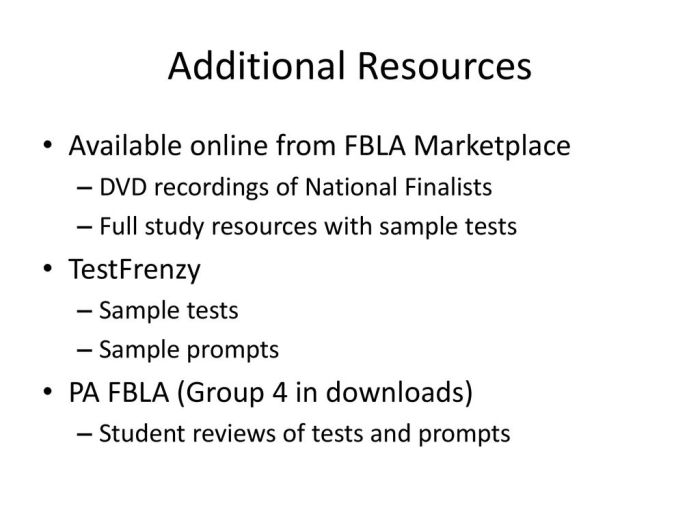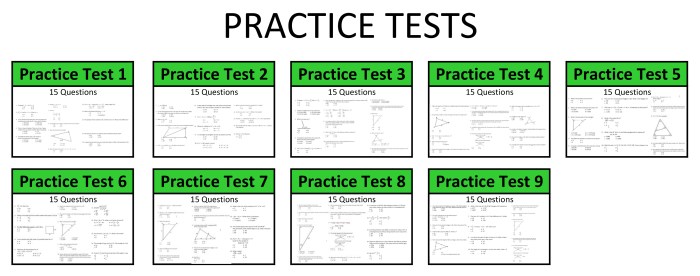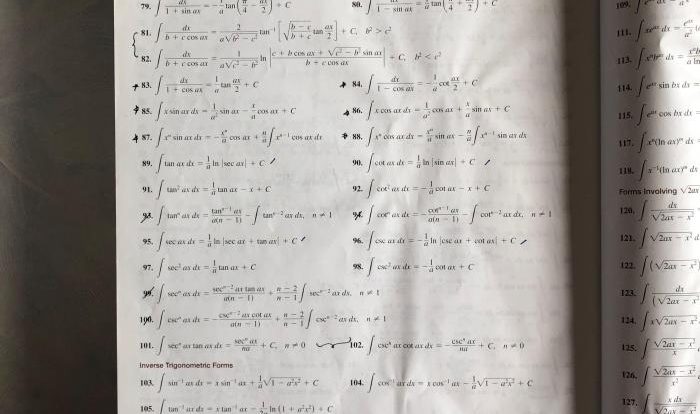The FBLA Personal Finance Practice Test is an invaluable resource for students seeking to excel in their understanding of personal finance. This comprehensive test provides a thorough assessment of key financial concepts, equipping students with the knowledge and skills necessary to make informed financial decisions throughout their lives.
The practice test aligns with the FBLA’s Personal Finance curriculum, covering a wide range of topics including budgeting, saving, investing, and credit management. By engaging with this practice test, students can identify areas for improvement and develop a personalized study plan to enhance their financial literacy.
FBLA Personal Finance Practice Test Overview

The FBLA Personal Finance Practice Test is a valuable tool for students preparing for the FBLA National Leadership Conference (NLC) Personal Finance competitive event. The test provides an opportunity for students to assess their knowledge and skills in personal finance and identify areas where they need additional preparation.The
practice test is designed for high school students who are enrolled in a personal finance course or who have a strong interest in personal finance. The test covers a wide range of topics, including budgeting, saving, investing, credit, and insurance.
The test is divided into three sections:
- Section 1:Multiple choice questions (60 questions, 60 minutes)
- Section 2:Short answer questions (20 questions, 60 minutes)
- Section 3:Case study (1 question, 90 minutes)
The practice test is a valuable resource for students preparing for the FBLA NLC Personal Finance competitive event. The test can help students identify their strengths and weaknesses, and it can provide them with the opportunity to practice their skills in a timed environment.
Test Content Coverage
The FBLA Personal Finance Practice Test covers a comprehensive range of topics that align with the organization’s curriculum, providing a thorough assessment of students’ knowledge and understanding in this subject area.
These topics encompass essential concepts in personal finance, equipping students with the necessary skills to manage their financial resources effectively throughout their lives.
Budgeting and Financial Planning
- Creating and maintaining a budget
- Understanding income and expenses
- Setting financial goals and objectives
Saving and Investing
- Types of savings accounts and investment options
- Understanding interest rates and compounding
- Strategies for maximizing returns on investments
Credit and Debt Management
- Types of credit and credit scores
- Responsible use of credit cards and loans
- Managing debt effectively to avoid financial distress
Insurance and Risk Management
- Types of insurance policies and their coverage
- Understanding insurance premiums and deductibles
- Strategies for mitigating financial risks
Taxes and Financial Literacy
- Understanding different types of taxes
- Tax planning and deductions
- Financial literacy and decision-making
Practice Test Preparation
Effective preparation for the FBLA Personal Finance Practice Test is crucial for success. By following proven strategies, utilizing recommended resources, and engaging in targeted practice methods, you can enhance your understanding of the subject matter and increase your confidence on test day.
Study Materials and Resources
Familiarize yourself with the official FBLA Personal Finance Curriculum and study materials provided by your instructor. Supplement your studies with textbooks, online resources, and practice questions from reputable sources.
Practice Methods, Fbla personal finance practice test
Regular practice is essential for mastering the concepts tested on the practice exam. Engage in timed simulations or mock exams to replicate the actual testing environment and identify areas for improvement.
Timed Simulations
Practice taking the test under timed conditions to simulate the actual exam experience. This helps you develop time management skills and identify sections where you may need additional preparation.
Mock Exams
Take full-length mock exams to assess your overall understanding of the material. Analyze your results to pinpoint strengths and weaknesses, allowing you to focus your studies accordingly.
Other Tips
- Break down the material into smaller sections for easier memorization.
- Use flashcards, mind maps, or other study aids to reinforce key concepts.
- Join study groups or connect with peers to discuss the material and share insights.
- Seek clarification from your instructor or a tutor for any areas where you encounter difficulty.
Test-Taking Strategies

To maximize performance on the FBLA Personal Finance Practice Test, it is essential to employ effective test-taking strategies. These strategies encompass managing time efficiently, allocating resources wisely, and adopting appropriate approaches for different question types. Avoiding common pitfalls is also crucial for success.
Time Management
- Prioritize Questions:Begin by answering questions you are confident about. This boosts confidence and saves time for more challenging questions.
- Allocate Time Wisely:Divide the test time equally among the different sections. Adjust time allocation as needed, but avoid spending too much time on any one question.
Resource Allocation
- Use Scratch Paper:Utilize scratch paper for calculations, diagrams, or notes. This helps organize thoughts and reduces the risk of errors.
- Highlight Key Information:Use a highlighter to mark important concepts, formulas, or s in the test materials. This aids in quick recall and comprehension.
Question Types
- Multiple Choice:Eliminate incorrect answers first. Read each option carefully and choose the best fit.
- True/False:Determine if the statement is accurate. Read carefully to avoid misinterpretations.
- Fill-in-the-Blank:Recall the missing information. If unsure, make an educated guess based on the context.
Pitfalls to Avoid
- Guessing Extensively:Avoid guessing on questions you are unsure about. This can lead to unnecessary deductions.
- Overthinking:Don’t spend excessive time on complex questions. Move on to answer other questions and return to them later if time permits.
- Rushing:Maintain a steady pace and avoid rushing through the test. Careless mistakes can cost valuable points.
Results Analysis and Interpretation
Understanding your practice test results is crucial for identifying areas that require improvement and developing an effective study plan.
After completing the practice test, carefully review your answers and compare them to the answer key. This will help you identify the questions you answered correctly and incorrectly. Analyze the incorrect answers to determine the concepts you need to focus on.
Diagnostic Tool
The practice test serves as a diagnostic tool that can help you assess your strengths and weaknesses in personal finance. By analyzing your results, you can pinpoint specific areas where you need to strengthen your knowledge and skills.
Setting Goals and Study Plan
Based on your test results, set realistic goals for improvement. Focus on specific concepts or topics that you need to master. Develop a personalized study plan that Artikels the steps you will take to achieve your goals.
Your study plan should include:
- Specific topics to focus on
- Resources you will use to study (textbooks, online courses, etc.)
- Timeframe for completing your studies
- Regular review and practice
FAQ Insights
What is the purpose of the FBLA Personal Finance Practice Test?
The FBLA Personal Finance Practice Test is designed to assess students’ understanding of personal finance concepts and prepare them for the actual FBLA exam.
Who is the target audience for the practice test?
The practice test is primarily intended for high school students enrolled in FBLA’s Personal Finance course.
How can I effectively prepare for the practice test?
To prepare for the practice test, students should thoroughly review the FBLA Personal Finance curriculum, utilize study materials and online resources, and engage in timed practice simulations.





